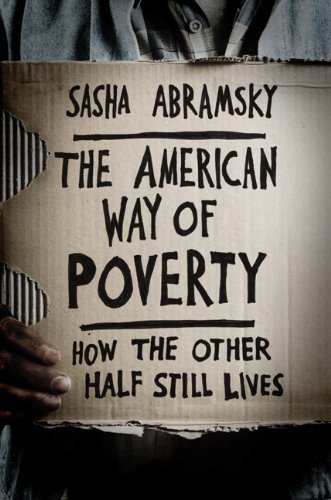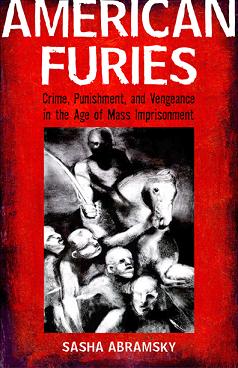Beyond Horseracing
Posted on Jan 10, 2008 in Uncategorized, politics
So, two down, forty eight to go. Yes, primary season is a long process, and, yes, I know, many of you are already bored to death of the horserace.
Will it be Obama, will it be
If you’ve tuned out, I don’t blame you. But I would suggest there are reasons not to do so.
Frankly, the horserace isn’t what’s interesting. Of course it’s important who the parties ultimately choose to be their presidential candidates – after all, like it or not they’re running for the most powerful job on earth, and the outcome of the 2008 election will impact people around the world for years to come. But for all the prophecies and predictions, at the end of the day it’s not the ink spilled and air-time seized by pundits that determines the outcome of these races. It’s not the instant-reaction news stories and it’s certainly not the breathy commentary about who the front runner du jour now is that really matters.
For me, primary season is always interesting for the pure political theater it inspires. Yes, money too-often dominates; yes, the endless commercials and phone bank calls are nauseating, as, too often, is the saturation media coverage. But at the same time, where else on earth do political hopefuls have to put in this much raw energy over this length of time campaigning for votes in the most out-of-the-way places imaginable? Where else do so many ordinary-Joes get to meet senior political figures out begging for their individual votes? Where else do people like Mitt Romney get to spend tens of millions of their own dollars on a fool’s errand, only to be oh-so-publicly, deliciously, humiliated by their putative subjects?
I’m not going to predict winners and losers just yet, but I do think that several factors are coming together to make this election season more compelling and unpredictable than usual. First off is the extraordinarily high voter turnout in both Iowa and
I have a theory about this: the Bush years have been so awful, so embarrassing, for so many people that, like a forest fire, they’ve cleared the dead wood and created conditions for a rebirth. After a forest fire, nature flourishes; after the Bush years, my prediction is that Americans, in reaction, will be less cavalier about their politics, more willing to get engaged in civic processes.
Tied in with this is the language being spoken by all the leading Democratic candidates. As I’ve argued in earlier columns, when even a politician as instinctually middle-of-the-road as Hillary Clinton starts talking the talk of populism and embracing the need for top-to-bottom change, then you know there’s a new political moment emerging. Listen to Obama and Edwards, and you’ll hear some of the most progressive ideas to exit the mouths of senior American politicians in at least a generation. Sure, there’s still sound-bite politics going on, but the sheer caliber, and intensity, of the policy debates is magnitudes higher than it’s been in years. It’s easy to throw mud at American politics, but mudslinging aside there are some fine ideas being bandied about this election season.
In fact, Obama’s victory speech in Iowa and his concession speech in New Hampshire both embraced a language of change and of hope that is so different from the language of the Bush years, and from that of most of the Republican candidates, as to be almost jarring. It’s like listening to Beethoven after overdosing on Kylie Minogue.
Or, to come back to the world of politics, in the calls to action being heard, in the demand for a constructive politics based around hope rather than fear, and in the willingness to use the tools of government to fashion a new social compact (one that, for example, guarantees access to health care for all Americans), we’re seeing a revival of the best strand of American liberalism.
After Herbert Hoover and the onset of the Great Depression,
I’ve no idea if that will happen; but it’s certainly a dream worth clinging to through primary season.




First time reading Sasha and I really enjoyed the article. I agree.
Bill
Bill Jacobs | Jan 11, 2008 | Reply